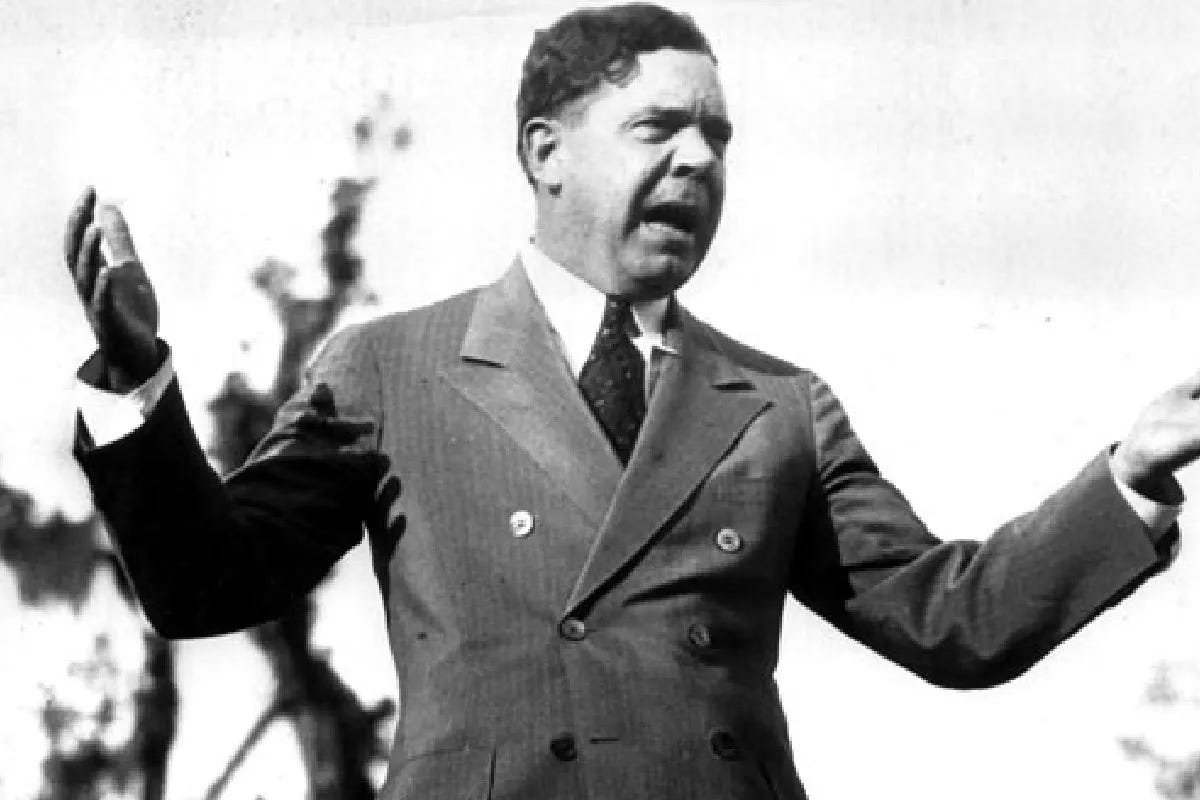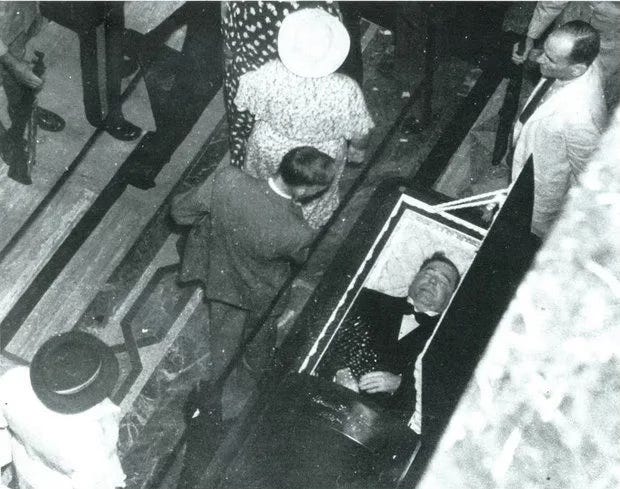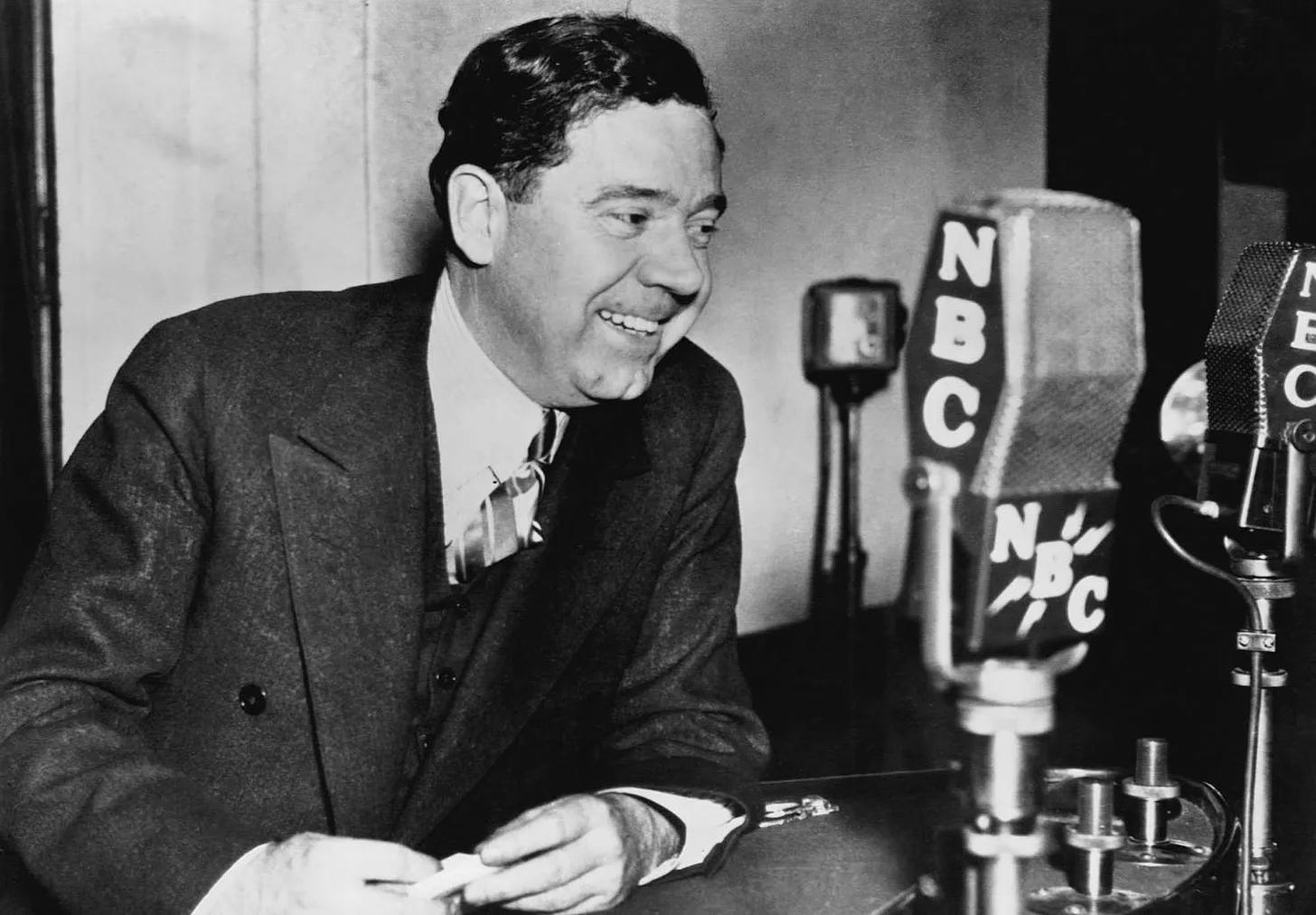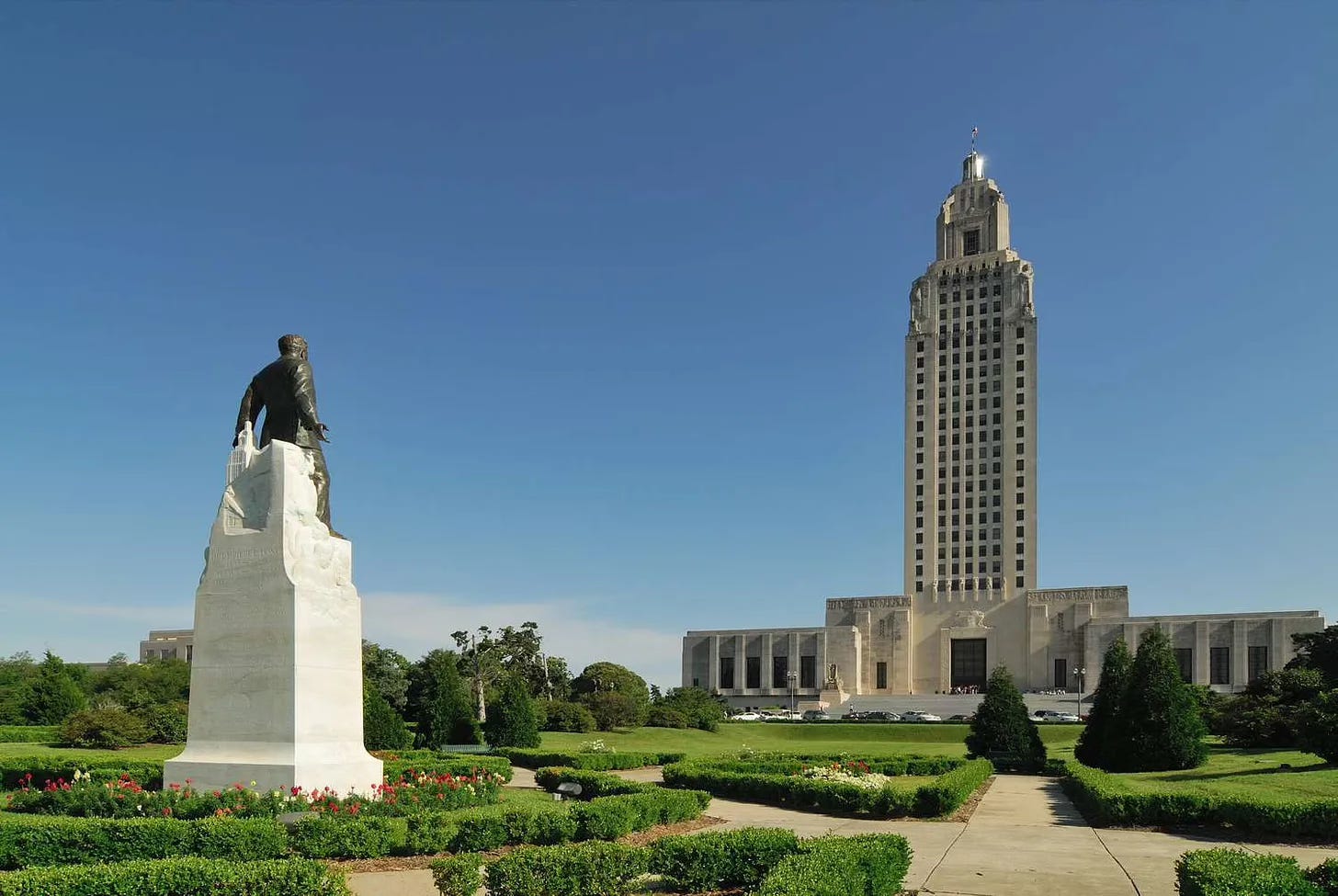The Rise and Fall of Huey P. Long: Louisiana’s Most Controversial Leader
Huey P. Long’s Lasting Mark on Louisiana’s History
Louisiana’s political history is a tapestry woven with larger-than-life figures, none more iconic than Huey P. Long. Known as "The Kingfish," Long was a force to be reckoned with—a man whose charm, ambition, and controversial leadership forever altered the trajectory of the state. From his humble beginnings in Winn Parish to his tragic assassination in the halls of the Louisiana State Capitol, Huey P. Long’s life is a story of populist ideals, bold reforms, and relentless power struggles. In this deep dive, we explore the life, rise, governing style, death, legacy, and enduring influence of this complex figure, whose imprint on Louisiana remains visible nearly a century later.
Rise: From Small-Town Origins to Political Prodigy
Huey Pierce Long Jr. was born on August 30, 1893, in Winnfield, Louisiana—a small town in the north-central part of the state. Growing up in a large family during a time of economic hardship, Long’s upbringing was shaped by the realities of poverty in rural Louisiana. Despite a limited formal education, his sharp intellect and gift for oratory quickly became apparent. His ambition knew no bounds, and he viewed politics as his path to achieving change for the common people of Louisiana.
Long’s early career began when he attended Tulane University Law School for a brief period and passed the Louisiana bar exam in 1915. He began practicing law in Shreveport, where he gained a reputation as a fierce advocate for the underdog. But the courtroom wasn’t enough for Long—he had his sights set on the broader stage of state politics. In 1918, he was elected to the Louisiana Railroad Commission (later the Public Service Commission), using the position to challenge powerful corporate interests, especially the utilities and railroads that dominated the state’s economy.
The Bayou Insider is a reader-supported publication. To receive new posts and support my work, consider becoming a free or paid subscriber.
By 1928, Long’s populist message resonated deeply with the working-class citizens of Louisiana, who were weary of the control wielded by wealthy plantation owners and big businesses. He ran for governor with a promise to “Share the Wealth” and uplift the common man, vowing to tackle economic inequality and improve infrastructure. His campaign was a masterclass in populist rhetoric, painting a picture of a better Louisiana for the forgotten masses. This message struck a chord with voters, propelling him to a landslide victory. At 35 years old, Huey P. Long was now Louisiana’s 40th governor.
The Kingfish’s Governing Style: Charisma, Authority, and a Vision for the People
As governor, Huey P. Long brought a governing style that was as charismatic as it was controversial. His leadership was defined by a unique combination of populist ideals and a fiercely autocratic approach, allowing him to push through sweeping reforms while maintaining tight control over state politics. His supporters saw him as a hero fighting against entrenched elites, while his critics viewed him as a dictator in the making.
1. Transforming Infrastructure: Roads, Bridges, and Progress
Long’s most visible achievements as governor were his ambitious infrastructure projects. He believed that Louisiana’s future lay in modernization, and he set about building thousands of miles of roads and dozens of bridges. These projects, such as the iconic Huey P. Long Bridge in New Orleans, not only connected communities but also provided jobs during the depths of the Great Depression.
His infrastructure initiatives helped drag Louisiana out of the mud—literally. At the time, most of the state’s roads were unpaved, making travel difficult, especially in rural areas. Long’s investment in paved highways and modern bridges laid the groundwork for economic growth and development. His critics, however, argued that the methods he used to fund these projects—often through heavy taxation of large corporations—stifled business investment in the state.
2. Revolutionizing Education: Free Textbooks and Access for All
Huey P. Long’s passion for education reform was driven by his belief that knowledge could lift people out of poverty. One of his most famous initiatives was providing free textbooks for Louisiana’s schoolchildren, a policy that benefited families who couldn’t afford basic school supplies. He also worked to expand access to public education, funding new schools and improving facilities.
Long’s education reforms were particularly impactful in rural areas, where illiteracy rates were high. By investing in education, he aimed to create opportunities for the next generation of Louisianans. But his detractors accused him of using the education system as a means to consolidate power, appointing loyalists to key positions in school boards across the state.
3. Healthcare for the People: Building Charity Hospitals
Another pillar of Long’s reform agenda was expanding access to healthcare. He championed the construction of charity hospitals throughout Louisiana, ensuring that even the poorest residents had access to medical care. The creation of facilities like the Huey P. Long Medical Center in Pineville reflected his belief that every citizen deserved to benefit from the state’s wealth.
This focus on public health was a radical departure from the norm, as Louisiana’s healthcare system had long been underfunded and inadequate. Long’s critics, however, argued that these programs were designed to increase his political influence over local communities, turning healthcare into a tool for patronage.
Assassination: The Death of the Kingfish
Huey P. Long’s political journey came to a tragic end on September 8, 1935, when he was fatally shot in the halls of the Louisiana State Capitol. The official story holds that Long was assassinated by Dr. Carl Weiss, the son-in-law of a political opponent. The circumstances surrounding his death, however, remain steeped in mystery and controversy.
Many believe that the attack on Long was motivated by political tensions, while others suggest it may have been a personal vendetta. Some conspiracy theories even question whether Weiss acted alone, speculating that Long’s own bodyguards may have played a role in the chaotic scene. Despite the questions that linger, one thing is clear: the death of Huey P. Long marked the end of an era in Louisiana politics.
Long’s funeral drew thousands of mourners, many of whom viewed him as a savior of the common man. His detractors, meanwhile, saw it as a dramatic conclusion to a tumultuous career. Long’s body was laid to rest on the grounds of the Louisiana State Capitol, with a towering statue erected in his honor—a fitting tribute to a man whose outsized personality and ambitions left an indelible mark on Louisiana.
The Legacy of The Kingfish: Huey P. Long’s Enduring Impact
Nearly 90 years after his death, the legacy of Huey P. Long continues to reverberate through Louisiana’s political and social landscape. His impact is visible in the state’s infrastructure, education system, and political culture, shaping the expectations of future leaders and setting a precedent for populist rhetoric.
1. Modernizing the State: A Lasting Impact on Infrastructure
Long’s investments in roads, bridges, and public buildings have had a lasting impact on Louisiana’s physical landscape. Many of these projects, including the Louisiana State Capitol—the tallest capitol building in the United States—stand as monuments to his vision of a modern, connected state. These achievements laid the foundation for Louisiana’s economic growth in the decades that followed, helping to integrate the state into the broader national economy.
Today, travelers passing over the Huey P. Long Bridge or visiting the historic State Capitol in Baton Rouge can see firsthand the physical legacy of the Kingfish’s transformative vision.
2. A Populist Legacy: Shaping Political Rhetoric and Strategy
Huey P. Long’s populist approach to politics has influenced generations of Louisiana politicians. His focus on the “common man” and his attacks on wealth inequality resonate in the rhetoric of many modern-day leaders. Even those who disagree with Long’s methods often acknowledge his ability to connect with voters on an emotional level, speaking directly to their concerns and aspirations.
This legacy has made Louisiana a state where outsider candidates and populist messaging continue to thrive, reflecting the Kingfish’s enduring influence on the political culture.
3. A Complex Legacy: Debates over Power and Democracy
The controversies surrounding Huey P. Long’s autocratic methods have fueled decades of debate among historians, political scientists, and Louisianans themselves. While many admire his determination to address economic inequality, others criticize his concentration of power and disregard for democratic norms. This tension between progress and control is central to understanding the complex legacy of Huey P. Long.
Long’s influence has even inspired works of literature and film, including Robert Penn Warren’s “All the King’s Men”, a Pulitzer Prize-winning novel that explores the life of a politician modeled after Long. The story captures the larger-than-life persona and moral ambiguities that made Long such a compelling figure.
Conclusion: The Kingfish’s Enduring Legacy in Louisiana
Huey P. Long, The Kingfish, remains a towering figure in Louisiana’s political history—a man whose vision, charisma, and ambition reshaped the Bayou State in profound ways. His life, rise, governance, death, and legacy are woven into the fabric of Louisiana, from the highways he built to the populist ideals that continue to shape the state’s politics. Whether viewed as a champion of the working class or a controversial autocrat, Long’s impact on Louisiana’s destiny is undeniable.
As we navigate the currents of today and look toward the future, we do so on a landscape shaped by Huey P. Long’s indomitable spirit. His story serves as a reminder that the echoes of the past resonate not just in history books but in the roads we drive, the schools we attend, and the political conversations we continue to have. The Kingfish’s legacy endures, a testament to the power of one man’s vision to change the course of a state’s history.
Stay Connected with Louisiana’s Rich History!
Want to dive deeper into Louisiana’s fascinating past? Don’t miss out on more stories like this one. Subscribe to The Bayou Insider to explore the people, places, and events that make Louisiana unique. Share this post with your friends and let them join the conversation. Together, let’s celebrate the rich heritage of our beloved state!








